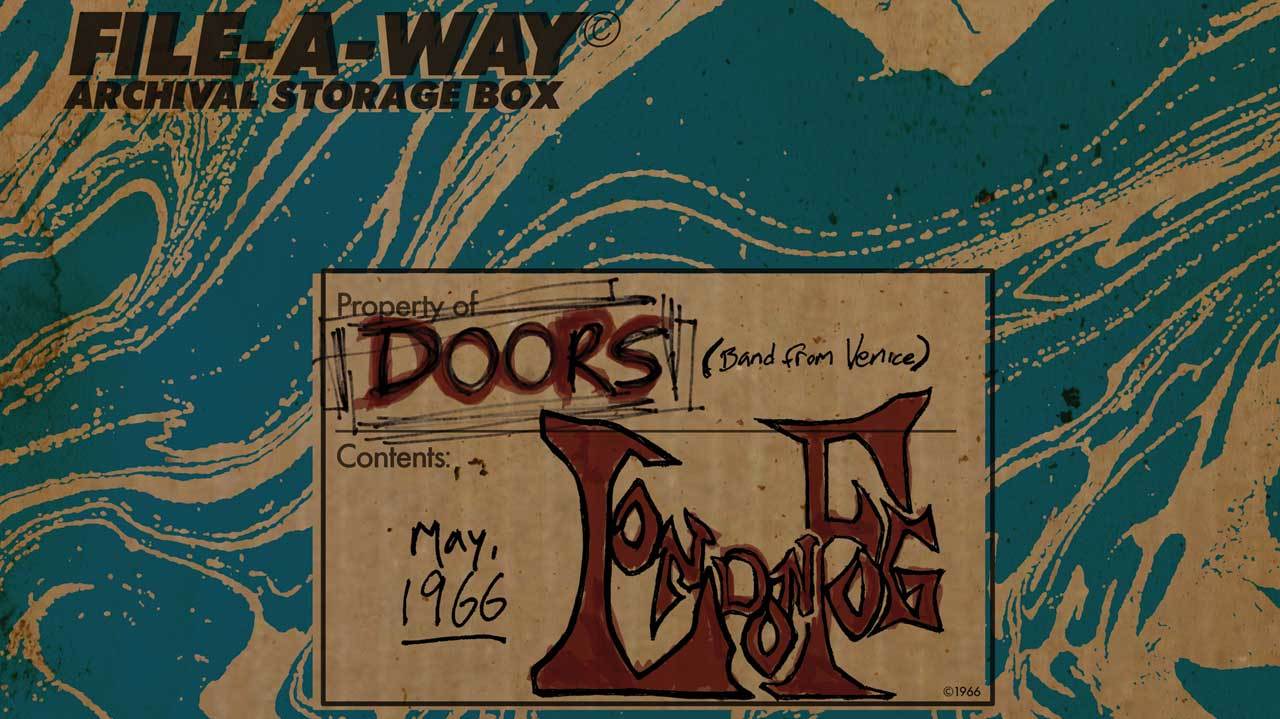You can trust Louder
As with the recent revelation of Syd Barrett’s rendition of I’m A King Bee with the nascent Pink Floyd, Jim Morrison’s Doors are revealed to have been equally in thrall of the blues while teetered on the brink of a psychedelically-inclined imminent future.
Captured in fair-to-vérité sound during a pre-fame residency at Sunset Strip’s London Fog, three months before recording their debut album, The Doors are documented in flux. And while this may not be the most hit-packed product limbering up on the touchline to exploit the LA quartet’s official 2017 half-centenary, it’s got to be the most historically significant.
Obviously, we all know the experimental and progressive Doors. Here we find the hitherto hidden good-time Doors, though you can tell by Jim’s muted exhortations to “Come on and dance, somebody. Let’s go.” that Redcoat crowd-pleasing goes against his nature.
Two of the nine tracks here are ‘tuning’ (accentuating the opportunism of a premium price-tagged box set status), but when proceedings finally kick off with Muddy Waters’ Rock Me, Jim’s menace mutates it from merry bounce to something decidedly darker. Baby, Please Don’t Go finds petulant Morrison going through motions as Robby Krieger feels his way toward his ultimate incarnation; nudging his guitar raga-wards across three solos, he’s distinctive, if tentative, his tone echoing Lou Reed’s concurrent Velvets work.
John Densmore, the cornerstone to this whole operation, locks into Doors original You Make Me Real’s crisp swing, but the crowd remain blasé. Morrison’s performances of Motown-y Don’t Fight It and shambolic Hoochie Coochie Man owe much to Dionysus, while second original Strange Days is the set’s highlight. It needs a fine-tune and Jim brays a bit, but its signature sophistication clearly holds the key to the band’s future, a situation that’s underlined by a lacklustre Lucille. They apparently closed with The End, but the tape’s lost.
Maybe, if we all live that long, it’ll reappear in time for their sixtieth.
Sign up below to get the latest from Prog, plus exclusive special offers, direct to your inbox!

Classic Rock’s Reviews Editor for the last 20 years, Ian stapled his first fanzine in 1977. Since misspending his youth by way of ‘research’ his work has also appeared in such publications as Metal Hammer, Prog, NME, Uncut, Kerrang!, VOX, The Face, The Guardian, Total Guitar, Guitarist, Electronic Sound, Record Collector and across the internet. Permanently buried under mountains of recorded media, ears ringing from a lifetime of gigs, he enjoys nothing more than recreationally throttling a guitar and following a baptism of punk fire has played in bands for 45 years, releasing recordings via Esoteric Antenna and Cleopatra Records.

